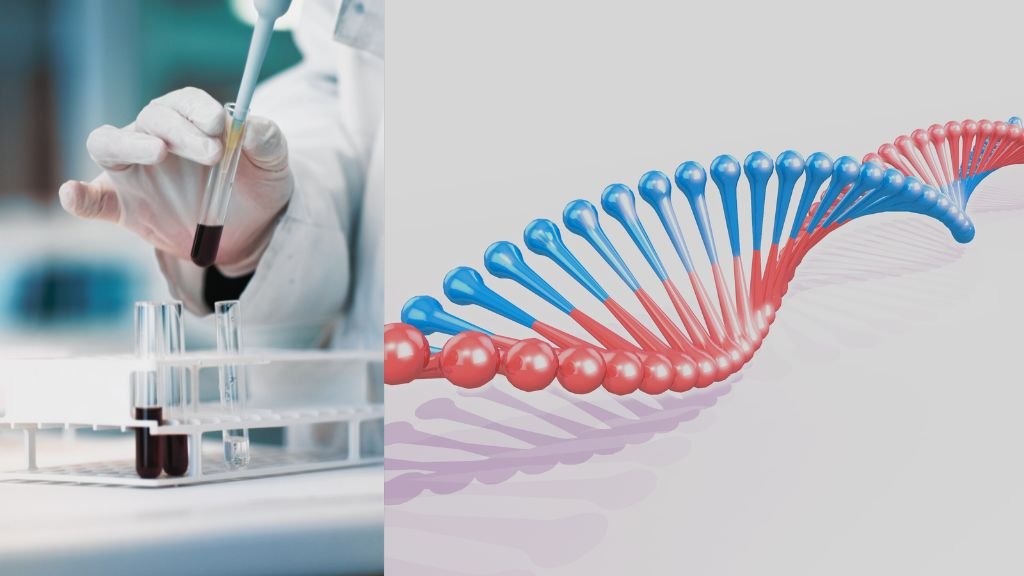Advanced higher biology projects are a great way for students to explore interesting topics in science. These projects let you go deeper into the world of biology, learning more about how living things work and how different processes happen. Whether you are interested in plants, animals, human health, or genetics, there are many exciting ideas to choose from.
In this blog, we have listed 50 advanced higher biology project ideas that you can use for your studies. These ideas will help you learn more about biology in a fun and easy way. Each project is explained in one simple line to make it easy for you to understand and choose what interests you the most.
Also read: Ancient Egypt Project Ideas
50 Advanced Higher Biology Project Ideas
- Photosynthesis Rate in Different Light Conditions: Study how different light colors affect the rate of photosynthesis in plants.
- The Effect of pH on Enzyme Activity: Test how pH levels change the effectiveness of enzymes.
- Plant Growth with Organic vs. Chemical Fertilizers: Compare the growth of plants using organic and chemical fertilizers.
- Antibiotic Resistance in Bacteria: Investigate how bacteria become resistant to antibiotics.
- The Impact of Caffeine on Heart Rate: Measure how caffeine affects the heart rate of small organisms like daphnia.
- Effect of Temperature on Yeast Fermentation: Study how changing temperature affects yeast fermentation.
- Water Pollution and Its Effect on Plant Growth: Test the effect of different pollutants on plant growth.
- Biodegradation of Plastic Using Bacteria: Explore whether certain bacteria can break down plastic waste.
- Testing Vitamin C Levels in Fruits: Compare the vitamin C content in different types of fruit.
- Genetic Traits in Family Members: Study the inheritance of a specific trait, like eye color, in your family.
- Effect of Salt on Plant Cells: Observe how salt affects plant cells under a microscope.
- Impact of Acid Rain on Plant Growth: Simulate acid rain and see how it affects plant growth.
- Effect of Music on Plant Growth: Test if different types of music influence how plants grow.
- Soil Microbe Diversity in Different Environments: Compare soil microbes from different areas to see which is more diverse.
- Observing Mitosis in Onion Root Cells: Use a microscope to study mitosis in onion root cells.
- Testing the Effectiveness of Natural Antibiotics: Test if garlic or honey can fight bacteria.
- The Impact of Light Pollution on Animal Behavior: Study how artificial light affects the behavior of insects at night.
- Effect of Sugar on Yeast Respiration: Test how different amounts of sugar affect yeast respiration.
- Studying Stomata in Leaves: Observe the number and size of stomata in leaves from different plants.
- Seed Germination Under Different Conditions: Test how temperature, water, and light affect seed germination.
- Water Quality Testing with Aquatic Plants: Use aquatic plants to test the quality of different water sources.
- Studying DNA Extraction from Strawberries: Extract DNA from strawberries using simple household items.
- The Effect of Pollution on Aquatic Life: Test how pollutants affect small aquatic organisms like brine shrimp.
- Measuring Plant Respiration: Use a respirometer to measure how plants take in oxygen and release carbon dioxide.
- Genetic Variation in Plant Populations: Compare the characteristics of plants from different populations to study genetic variation.
- The Role of Fungi in Decomposition: Study how fungi help break down organic matter.
- Effects of Drought on Plant Growth: Simulate drought conditions and observe how plants respond.
- Behavior of Earthworms in Different Soils: Study how earthworms behave in different types of soil.
- Testing Photosynthetic Pigments: Use chromatography to separate and study pigments involved in photosynthesis.
- Impact of CO2 Levels on Plant Growth: Test how increased carbon dioxide affects plant growth.
- Investigating Algal Blooms: Study what causes algae to grow too much in ponds or lakes.
- Effect of Different Sugars on Yeast Growth: Test how glucose, fructose, and other sugars affect yeast growth.
- Hormones in Plant Growth: Investigate how plant hormones like auxin affect growth.
- Genetic Mutations in Fruit Flies: Study how genetic mutations affect fruit fly characteristics.
- Testing Soil pH and Plant Growth: Compare how plants grow in soils of different pH levels.
- The Effect of Pollution on Leaf Structure: Observe how pollution affects leaf anatomy under a microscope.
- Studying the Circadian Rhythm of Plants: Observe how plants respond to changes in light over 24 hours.
- Effect of UV Light on Bacteria: Study how ultraviolet light affects bacterial growth.
- Plant Growth Using Greywater: Test if greywater can be used for plant growth.
- The Impact of Nitrate Levels on Aquatic Ecosystems: Study how increased nitrates affect aquatic plant growth.
- Testing the Effect of Herbicides on Non-Target Plants: Observe how herbicides affect plants that they are not meant to kill.
- Plant Adaptation to Saline Environments: Test how plants adapt to grow in salty environments.
- Investigating Genetic Drift in Small Populations: Study how genetic characteristics change in small populations of organisms.
- Effect of Light Intensity on Plant Leaves: Test how the intensity of light affects leaf growth and health.
- Testing Antibiotics on Bacterial Cultures: Compare how different antibiotics affect bacteria.
- Effect of Oil Spills on Plant Growth: Simulate an oil spill and observe how it affects plant growth.
- Testing the Effectiveness of Sunscreens: Use yeast to see how well different sunscreens block UV light.
- Impact of Microplastics on Aquatic Plants: Test how microplastics affect the growth of aquatic plants.
- Studying Seed Dispersal Methods: Investigate different methods of seed dispersal in plants.
- Effect of Soil Erosion on Plant Health: Study how soil erosion affects the growth of plants.
Also read: 10 Reasons Why I Deserve a Scholarship
Conclusion
Advanced higher biology projects give students a chance to explore interesting and complex topics in the field of biology. Each of these 50 project ideas can help you learn about the environment, genetics, plant growth, and much more. These projects are designed to be easy to understand, but they also offer a deep look into important biological concepts.
By working on these projects, students can develop their scientific thinking, learn new skills, and get a better understanding of the world around them. Choose a project that interests you and enjoy learning about the amazing science of life!

